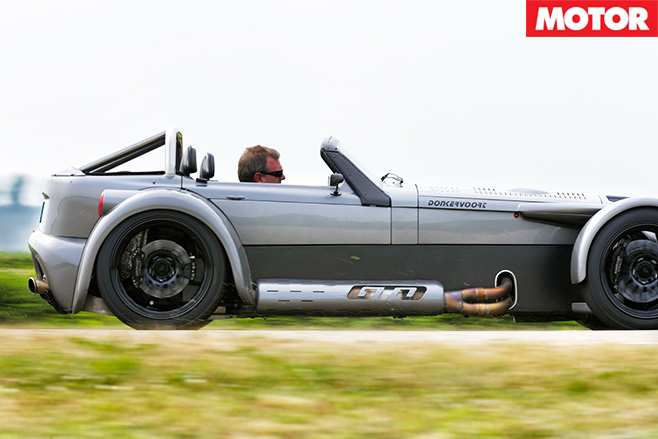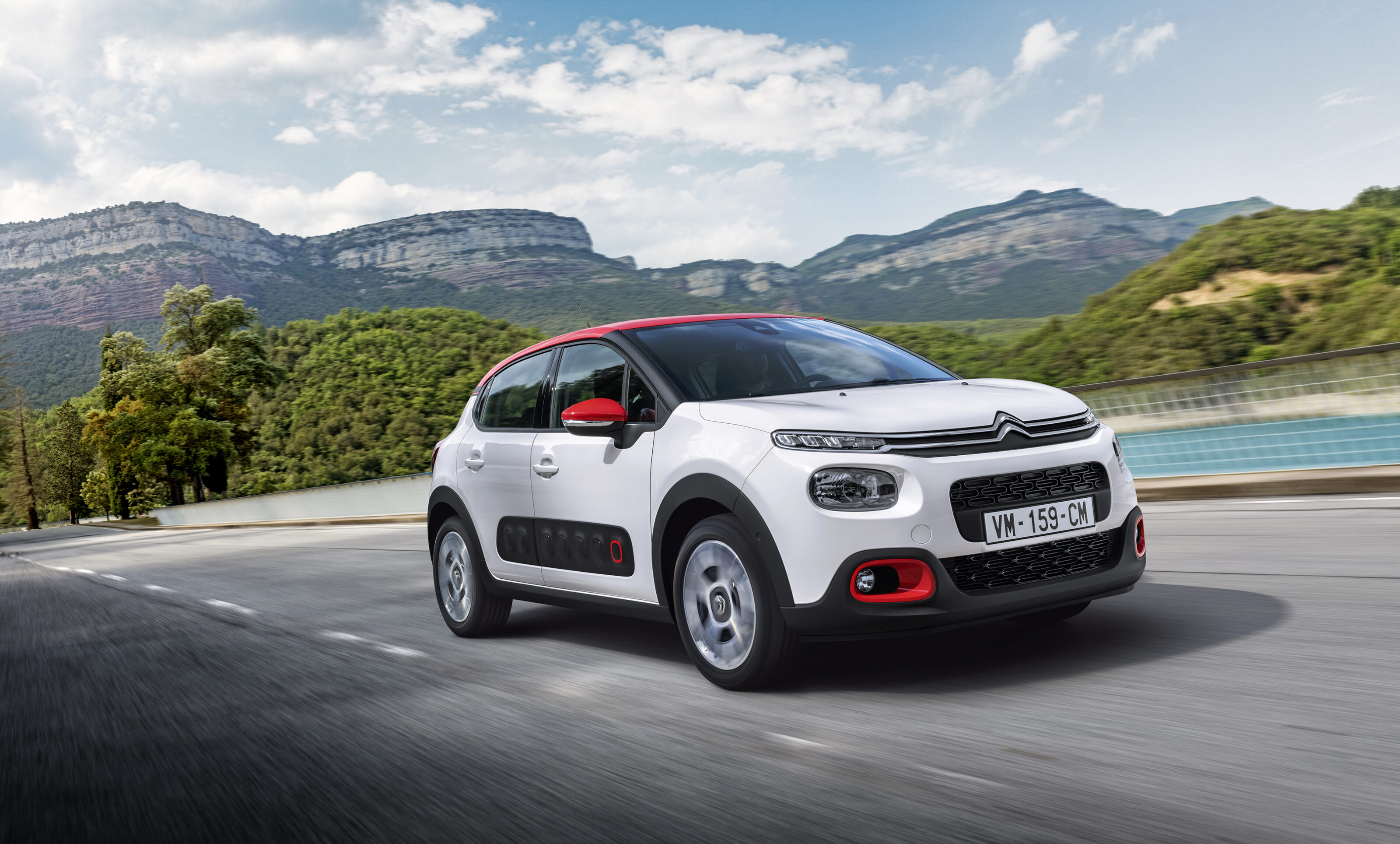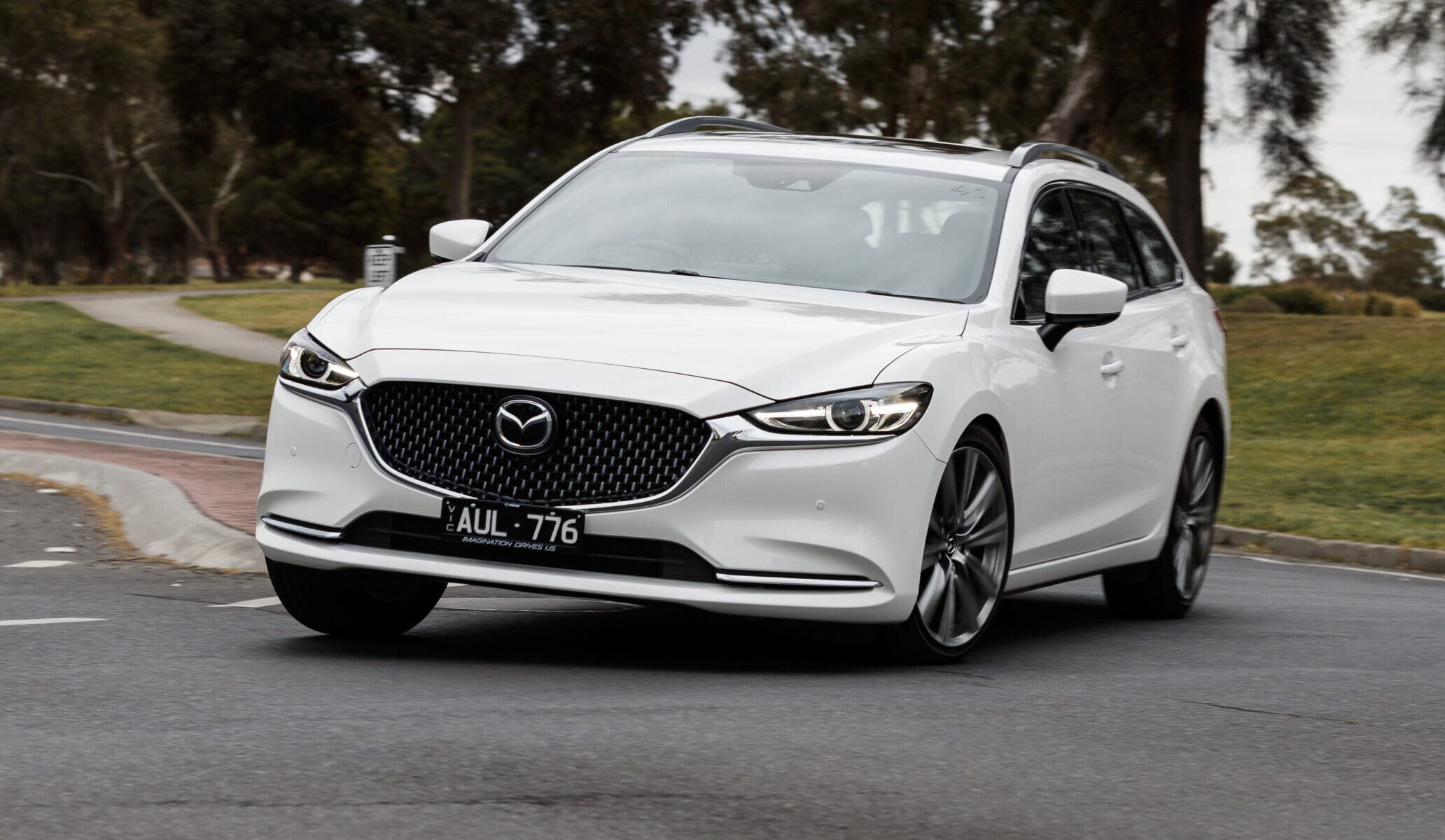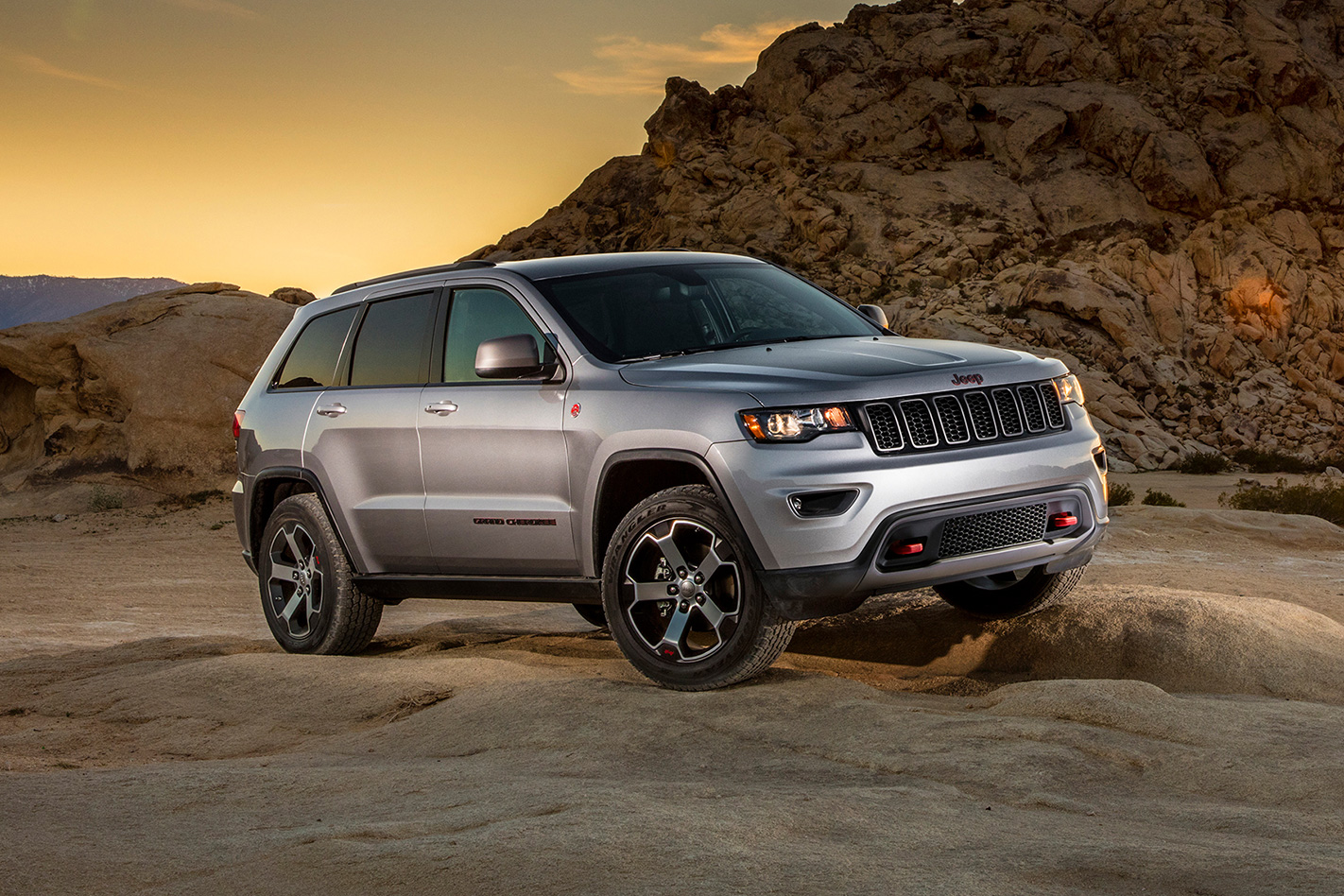I’ve said this before and I’m saying it again: used-car buyers are smarter than new-car buyers.
Don’t get me wrong, there’s plenty to like about buying new. Owning a car no-one else has owned, sniffing fresh bonding glues instead of rotting McDonald’s chips in the seat rail, knowing that if it sh*ts itself, you can take it back and wave your arms indignantly.
The downside is, the entire new-car market is a shemozzle of ridiculous competition, each company trying to outdo the others on price, safety, reliability, gadgets and performance.
It’s tough for the untrained to sort the wheat from the chaff, but looking at some of the stuff fellow journos have bought for themselves, having detailed access to the engineering, handling, design, reliability, safety or electronics backstories isn’t a guarantee of common-sense decisions.
But half a decade after new-car buyers might have been bamboozled into some of the most appalling panel carriers known to man, the used-car market won’t suffer foolish new-car product-planning decisions. It sniffs out crap and makes it suffer.
At the front line of this are auction houses, who shuffle along cars coming off leases, and the wholesalers who move them on to the better second-hand car yards. Here’s the inside tip: vehicle-leasing and fleet companies are better described as used-car futures brokers and they, essentially, negotiate with the wholesalers via the auction houses.
And then there are the buyers themselves, who are usually a lot less susceptible to emotional or historic leanings than the new-car buyers. With the responsibility for determining used-car prices falling on all these parties in unknown proportions, the true value of a car can usually be found by taking a look at a critical mass of its ilk a couple of years after it went on sale.

There are stand-out examples of the used-car market giving a car a level of respect it didn’t have new and there are also good machines that can be snapped up cheaply. The Skoda Yeti and Superb Wagon, the Subaru Forester, old RS Liberty, Land Rover Defender and Porsche Boxster leap to mind. Then there are others consistently punished, and if a car is the most expensive brand on a shared platform, expect it to suffer most.
I have always taken immense pride, during my occasional checks of the Top Six from the PCOTYs I was involved in, to see that they’re all still performing strongly in the used-car market. That means the toughest judges of all, still, think we got it right.
To add to all of this, during a recent conversation with Renault-Nissan boss, Carlos Ghosn, the straight-shooting Frenchman told me it figured the European car-buying slide was over. When I asked how, he referred to the used-car market.
“There are three signs to a recovery in our business. The first sign to a recovery is that the volume of used cars starts to go up and the second sign is the price of used cars starts to go up and the third is the volume of new cars starts to go up with it.
“We are already in the third phase. We can’t say we are rising, but we can say we’ve arrested the slide.”
I wish I’d put my old theory on paper.
I’d be a hundredaire by now.




